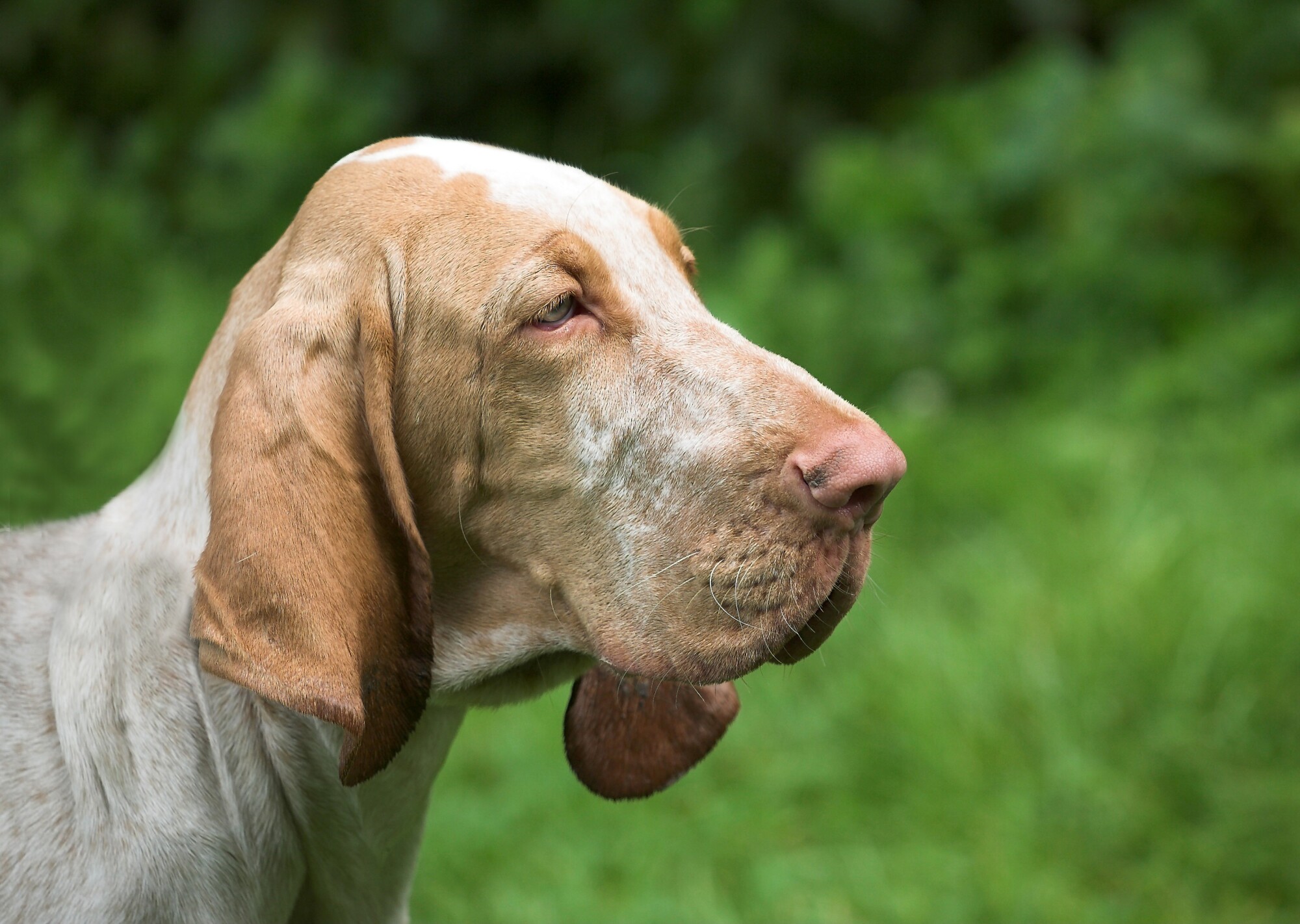Animals, like humans, can experience feelings of jealousy when they perceive a threat to their social bonds or resources. Jealousy in animals can manifest in various ways. These can include aggression, attention-seeking behavior, or territorial disputes.
As pet owners, it is essential to recognize and address jealousy in our animal companions. This will allow us to maintain a harmonious and peaceful household.
In this article, we will explore effective strategies to help manage an animal’s jealousy, such as hiring a pet psychic, so keep reading.
Understand the Triggers
The first step in managing an animal’s jealousy is to identify the triggers that provoke their jealous behavior. Jealousy can arise from various situations, such as the following:
- Introduction of a new pet
- Changes in daily routines
- Attention given to another animal or person
By observing your pet’s behavior and noting the specific triggers that elicit jealousy, you can develop targeted strategies to address the issue.
Introduce New Pets Slowly and Properly
When introducing a new pet to your household, take the necessary steps to make the transition as smooth as possible. Gradual introductions can help minimize jealousy and potential conflicts.
Start by allowing the pets to sniff each other’s scent through a closed door and gradually progress to supervised face-to-face interactions. Positive reinforcement, treats, and praise can be used to reward calm and friendly animal behavior during these introductions.
Provide Adequate Attention and Resources
One common cause of jealousy among animals is the perception of unequal attention or resource distribution. It is essential to ensure that each pet in your household receives sufficient love, attention, and individualized care.
Set aside dedicated playtime, grooming sessions, and cuddle time for each pet. This will allow them to bond with you and feel secure in their place within the family.
Similarly, provide an adequate number of resources such as food bowls, litter boxes, and resting areas. Ensuring that each pet has its own designated space can help alleviate feelings of competition and jealousy.
Positive Reinforcement and Rewards-Based Training
Positive reinforcement is a powerful tool in managing jealousy among animals. Reward desirable pet behavior with treats, praise, and affection.
For example, when your pets interact calmly or share resources without any signs of jealousy or aggression, provide immediate positive reinforcement.
This helps reinforce positive associations. It also encourages your pets to exhibit more desirable behavior in the future.
Remember to remain patient while training your pet not to be jealous and to accept the new member into the family. It will do neither of you any good if you end up getting angry, yelling at your pet, or worse. This will cause you to take many steps back in your training program.
Maintain Consistent Routines
Animals thrive on routine, and sudden changes can trigger feelings of insecurity and jealousy. Establish and maintain consistent schedules for feeding, playtime, walks, and other activities.
Predictable routines can create a sense of stability, reducing anxiety and jealousy in your pets.
It’s also good for your mental health if you have a set schedule for walk times. This will ensure your routine isn’t disrupted too much due to your pet care responsibilities.
It will also mean that your pets won’t disturb you as much when you are working or doing other tasks, because they know when they go for walks.
Individual Time and Space
In addition to providing equal attention and resources, it is crucial to allow each pet to have individual time and space.
Human beings, no matter how extroverted they are, need their own time and space to recuperate and rejuvenate themselves. Animals are the same.
Create opportunities for each pet to engage in solo activities or have their own designated areas where they can retreat and feel secure. This personal space helps alleviate tension and provides an outlet for individual needs and preferences.
The pet will also learn over time that when they feel overwhelmed or tired or just want to rest, they can retreat to their corner and spend time there.
Environmental Enrichment
Enrich your pet’s environment with:
- Mentally stimulating toys
- Scratching posts
- Puzzle feeders
- Interactive play sessions
This can help redirect their focus and alleviate feelings of jealousy.
Engaging activities keep their minds occupied, reduce boredom, and promote positive behavior. Additionally, providing a variety of toys and activities tailored to each pet’s preferences can prevent competition over resources and minimize jealousy.
Seek Professional Guidance
If your pet’s jealousy issues persist despite your best efforts, it may be beneficial to seek professional guidance from a veterinarian, pet psychic, or animal behaviorist.
These professionals can do the following:
- Assess the situation
- Provide insights into the underlying causes of jealousy
- Develop a personalized behavior modification plan for your pets
A pet communicator can take the time to meet with each pet. This will help them figure out what’s bothering them on a deeper level.
It could be some karmic remnants that are manifesting in their lives right now that cannot be solved merely by giving them separate bowls of food.
But you won’t know this until a pet psychic has a meeting with the pets directly. Remember to keep an open mind in such a situation since many things in the world are unknown and unknowable.
Hire a Pet Psychic to Get Clear Answers
Sometimes you can do it all right and still not be able to solve your pet’s jealousy. Don’t be disheartened. It has nothing to do with your abilities or love for your pet.
A pet psychic has dealt with numerous cases like yours and will be able to give you clear solutions to your indomitable problem.
Contact us today if you are seeking therapy for animals from a renowned animal communicator.




